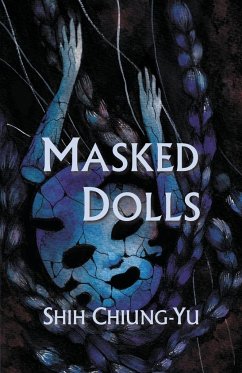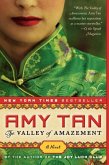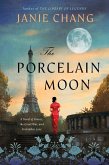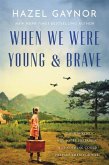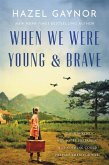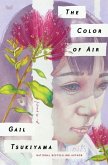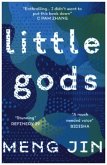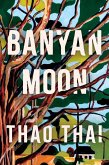An Australian woman, burdened by the original sin of her Caucasian ancestors, and a Taiwanese woman, haunted by the memories of 100 years of conflict in her homeland, meet as backpackers while travelling in South Korea. As they live and travel together, two women in flight, one from the East and the other from the West, struggle to find a way out of their personal dilemmas. * * * Shortly after the dawn of the new millennium, Judy and Jiaying are thrown together in a youth hostel in Seoul, both having escaped long-term relationships. Their arrival in Seoul in the first year of the 21st century coincides with passionate anti-American demonstrations on the streets of the city, as South Koreans protest against US troops being stationed in their country, western hegemony and the manipulations of arms dealers. Anti-American sentiment spreads like wildfire. Judy's parents hail from Britain and France, meet in Paris during a volatile period in French history - the student movement of 1968 - and later migrate to Australia to begin a new life. After her parents part, Judy abandons racial and cultural prejudice and, while studying in Tokyo, falls in love with Zhou, a Chinese student from Beijing. But this stormy relationship eventually culminates in violence and Judy, fleeing its demise, escapes to Seoul. Jiaying's family are from war-torn China, which, in the 19th century had suffered invasion and colonisation by the British and French; in the 20th century had been occupied by the Japanese, under the pretext of liberating Asia from Western imperialists; and was then convulsed by a Communist revolution propped up by the Russians. Having both fought in and sought to escape the wars, Jiaying's grandparents and parents eventually settle in Taiwan, carrying with them the scars of a century of conflict. Attempting to begin a new life on this island of exiles, they struggle to come to terms with the humiliation that generations of Chinese people had suffered. Jiaying, twelve years older than Judy, becomes her only confidante, as the younger woman pours out her frustrations. Judy still loves her Chinese boyfriend, but could never really understand him. In Judy's painful struggle to come to terms with the past, Jiaying is reminded of her own history, from which she still seeks an escape. Nationalism that has wounded and distorted history time and again over the last hundred years; violence as a consequence of sexuality repressed by Confucianism … as Jiaying began her relationship with a European man, these things had begun to seep into her life. Judy's story gives Jiaying a channel to sort out her own thoughts and gradually begin the healing process. And yet, even as the women forge new paths through the emotional jungle of their lives, violence once again shatters the potential for peace of mind. * * * "Masked Dolls is an unusual look at how the metaphorical shrinking of the world affects people at an individual level. It considers a number of consequences, particularly for women: the novel never fails to remind us that we live in a patriarchal society which will not tolerate interracial relationships. Masked Dolls is one of those rare books which after reading reveals itself to be greater than the sum of its parts. Brutal, intense, fascinating."--- The Writes of Woman.
Hinweis: Dieser Artikel kann nur an eine deutsche Lieferadresse ausgeliefert werden.
Hinweis: Dieser Artikel kann nur an eine deutsche Lieferadresse ausgeliefert werden.

